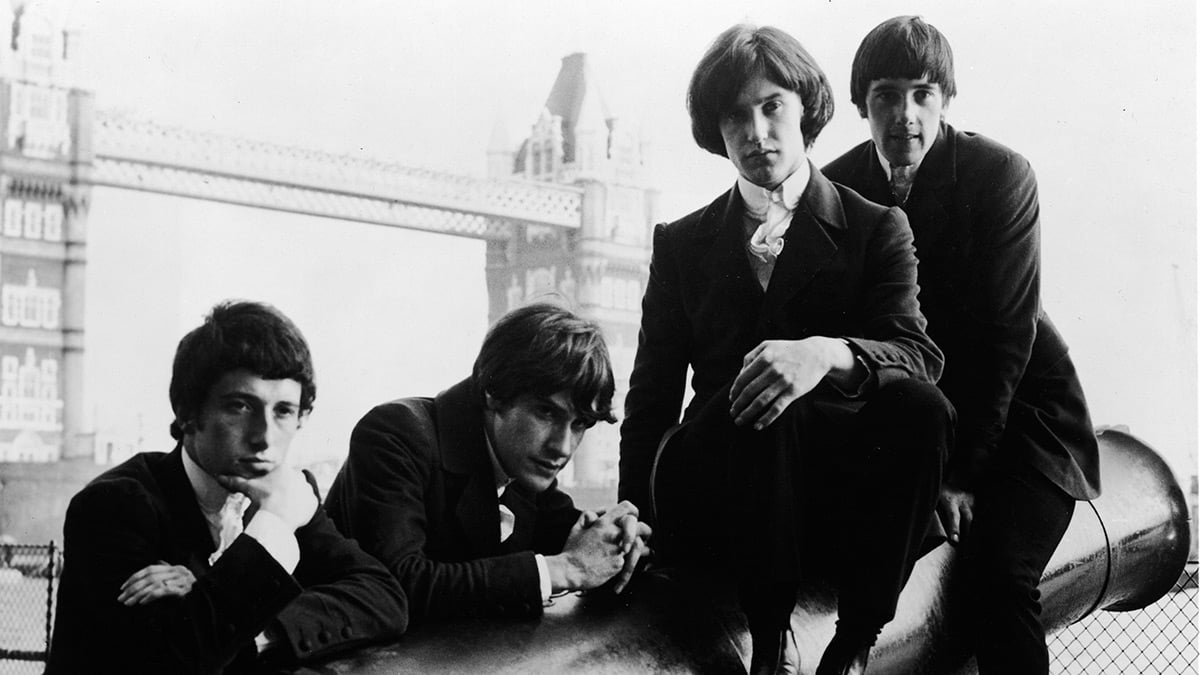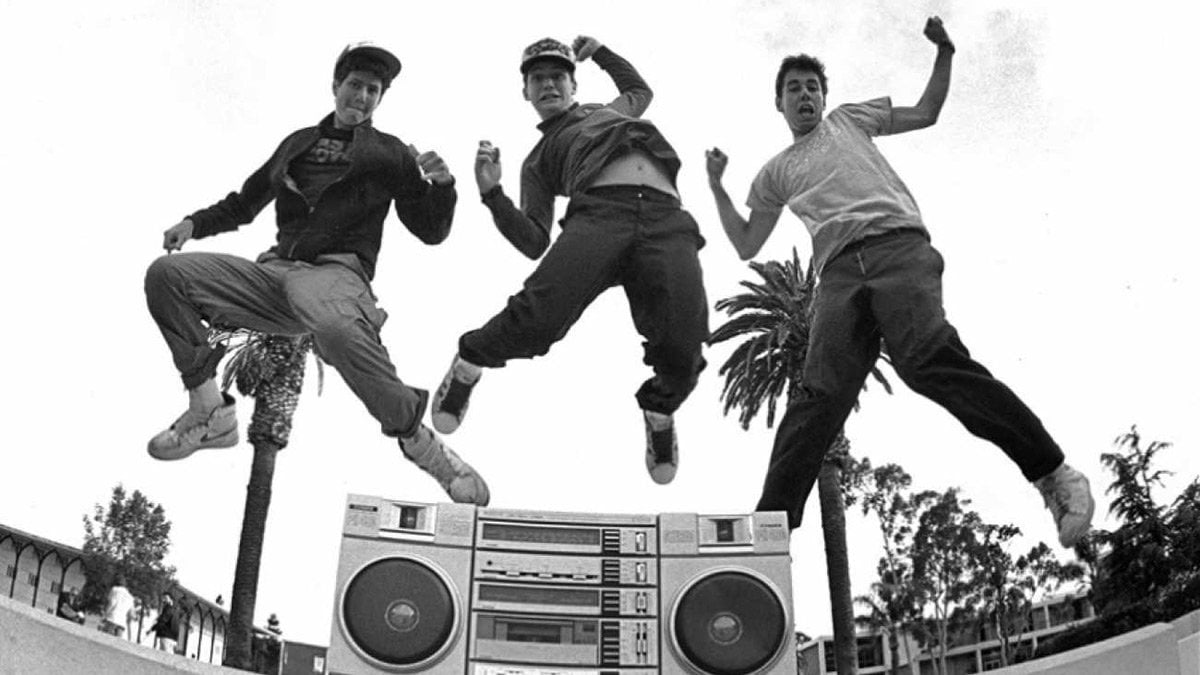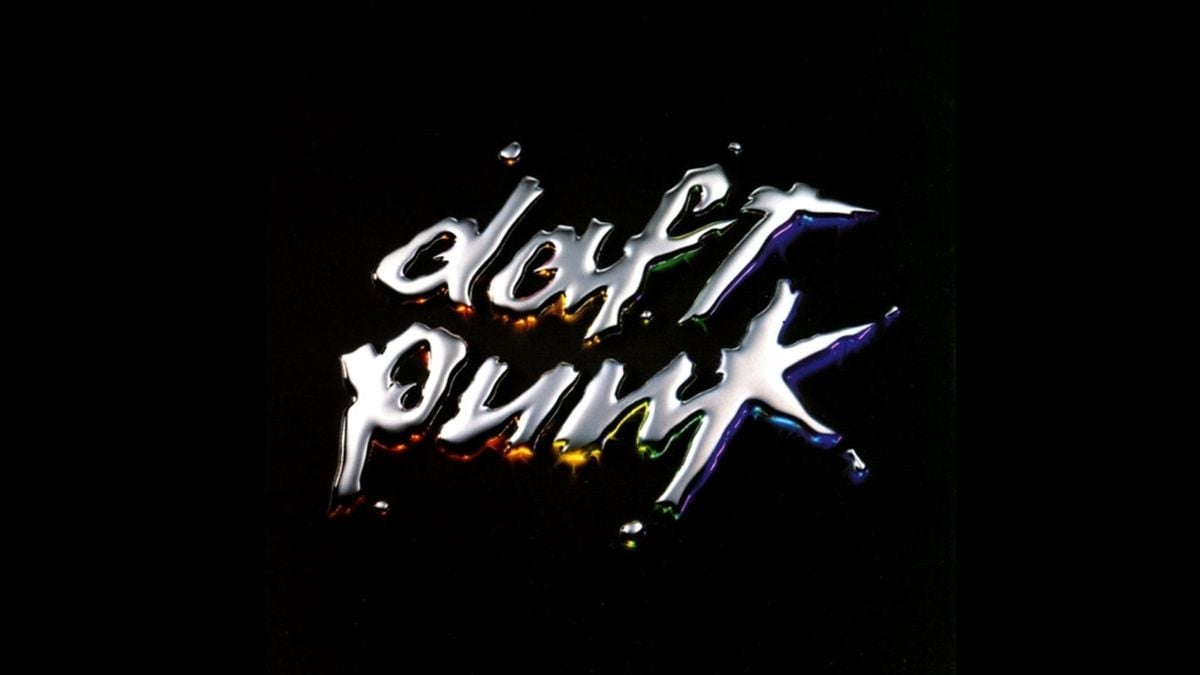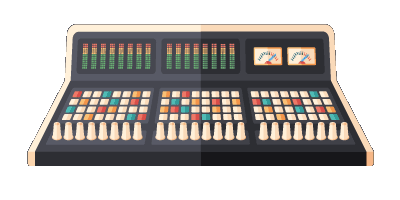The Kinks – You Really Got Me

Each month we take a look at a classic track or album and discuss it from a music production perspective, examining any sonic innovations that took place during its recording. This month we focus on one of the seminal records of the 1960s – The Kinks' 'You Really Got Me'.
Written by singer Ray Davies, and released in August 1964, the song was the band's first hit; reaching number seven on the Billboard Hot 100, and number one in the UK. American musicologist, Robert Walser has claimed that it was the 'first hit song built around power chords' – chords that are constructed from perfect fifths and octaves. This, in combination with its revolutionary guitar sound, has led many to describe it as the blueprint song for the hard rock and heavy metal movements that were to follow a few years later.
That guitar sound was created by Ray's brother; Kinks guitarist Dave Davies. Its creation was a happy accident, as these things so often are. The guitarist explains how he created the famous guitar tone by physically attacking his guitar amp; 'out of frustration I cut the speaker cone up with a razor blade and I was so shocked and surprised and excited that it worked that I demonstrated the sound to Ray and [Kinks bassist] Pete [Quaife] … Ray liked the sound and he had written a riff on the piano which formed the basis of the song 'You Really Got Me' and I played the riff on my guitar with my new sound.'
There is an often repeated, but apocryphal tale that the guitar solo on the record was actually recorded by Led Zeppelin's Jimmy Page, who was a session guitarist at the time. Page has said that he did play on other Kinks recordings, but everyone involved in the session has agreed that he didn't play on 'You Really Got Me' – and the solo was indeed played by Davies.
Interestingly, the recording of the song that was released was actually the second version that was cut to tape. The first version that the band had recorded sounded too pristine, and both Ray Davies and the band's management refused to release it. The record label refused to pay for another recording, so the band had to borrow £200 to go back into the studio so that they could create the raw, dirty sounding version that made them famous. It turns out to have been a very wise decision!



Comments:
Login to comment on this post